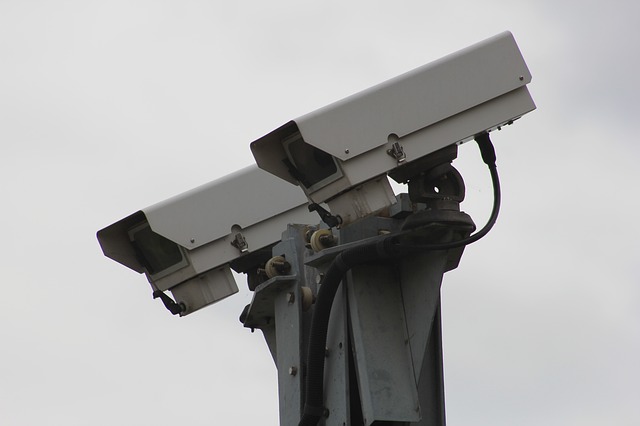Police roll-out of live facial recognition in London criticised by rights groups

The roll-out of live facial recognition technology across London has come under sharp criticism from human rights and civil liberties groups.
The Metropolitan Police has announced it will begin the operational use of the controversial technology in order to tackle serious crime in specific locations.
Assistant Commissioner Nick Ephgrave said the technology is “tried-and-tested” and “already widely used across the UK in the private sector”.
However, Liberty said the move is “dangerous, oppressive and completely unjustified” and Amnesty warned the technology “puts many human rights at risk”.
The Met will begin operationally deploying live facial recognition (LFR) at locations where intelligence suggests the force is most likely to locate serious offenders.
Each deployment will have a bespoke ‘watch list’, made up of images of wanted individuals, predominantly those wanted for serious and violent offences.
At a deployment, cameras will be focused on a small, targeted area to scan passers-by. The cameras will be clearly signposted and officers deployed to the operation will hand out leaflets about the activity.
The technology, which is a standalone system, is not linked to any other imaging system, such as CCTV, body worn video or ANPR.
Clare Collier, advocacy director at Liberty, said: “This is a dangerous, oppressive and completely unjustified move by the Met. Facial recognition technology gives the State unprecedented power to track and monitor any one of us, destroying our privacy and our free expression.
“Rolling out a mass surveillance tool that has been rejected by democracies and embraced by oppressive regimes is a dangerous and sinister step. It pushes us towards a surveillance state in which our freedom to live our lives free from State interference no longer exists.”
Allan Hogarth, Amnesty’s UK head of policy and government affairs, said: “The Met Police’s decision to introduce facial recognition tech poses a huge threat to human rights – and is contrary to multiple warnings from Amnesty and other rights groups, MPs and independent experts.
“This technology puts many human rights at risk, including the rights to privacy, non-discrimination, freedom of expression, association and peaceful assembly.
“Its introduction must be put on hold until these significant concerns are addressed.
“This is no time to experiment with this powerful technology that is being used without adequate transparency, oversight and accountability.“








